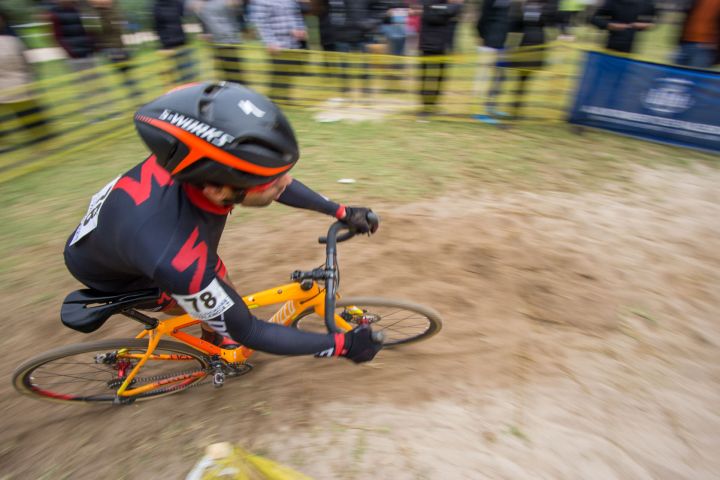
The discovery of a motor inside the frame of a bicycle during the world cyclo-cross championships in Belgium over the weekend clearly points to at least one incident of foul play, and will do little to instill confidence in the already tarnished sport.
Union Cycliste International (UCI), cycling’s governing body, has confirmed it’s investigating the incident, which involves Belgian under-23 rider and current European Champion Femke Van den Driessche.
Accusations of what the UCI is calling “technological doping” have been made before in professional cycling, though nothing’s ever been proved. This time, however, officials have confirmed the discovery of a mechanical aid fitted inside a competitor’s bike.
UCI coordinator Peter Van den Abeele told Belgian sports broadcaster Sporza that a bike belonging to Van den Driessche was examined in the pits during a race “and found to be in violation of the rules.”
According to reporter Martin Vangramberen (via Cycling Tips), officials became concerned when a scan of the bike flagged up something suspicious inside the frame.
“When the saddle of the tube was removed, there were electrical cables protruding from the tube,” Vangramberen said. “When they wanted to remove the crankshaft, something that is normally easy, it was not possible because the crankshaft was stuck. The motor was in there.”
Details of the discovered motorized device haven’t been released.
Van den Driessche insists there’s been a big mistake, telling Sporza (via Cycling News) there’d been “nothing in the bike that I used at the start of the race,” adding, “I train hard….it’s no fun to be accused like this. I hope they see the truth.”
Another report has the 19-year-old cyclist claiming there’d been some kind of mix-up, with the bike at the center of the incident apparently owned by another person she’d been training with.
Depending on the outcome of the UCI’s investigation, the rider could face a competition ban of six-months and a fine of at least 20,000 Swiss francs (about $20,000), although the penalties could turn out to be much more serious.


